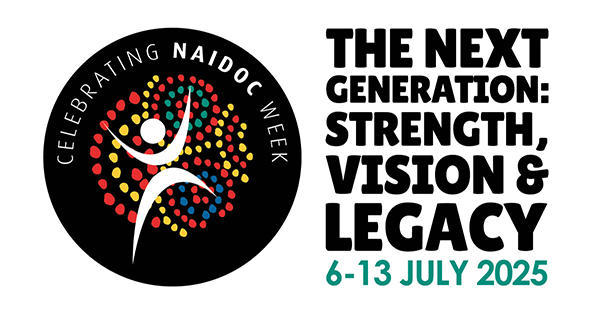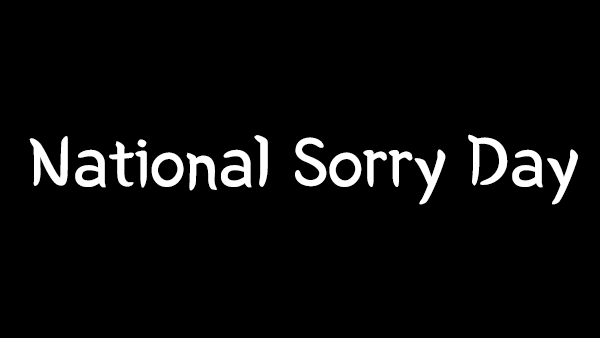May 27 – June 3
Reconciliation Week is a time for all Australians to reflect on the nation’s history and the ongoing journey toward reconciliation with Aboriginal and Torres Strait Islander peoples. It’s about building respect, understanding, and stronger relationships between Indigenous and non-Indigenous Australians.
Key Points to Understand:
- Why these dates matter:
- May 27: Anniversary of the 1967 Referendum, which allowed Indigenous Australians to be counted in the census and gave the federal government power to make laws for them.
- June 3: Anniversary of the Mabo decision (1992), which legally recognized Indigenous land rights.
- Purpose:
- Celebrate Indigenous culture, achievements, and contributions
- Recognize past injustices and promote equality
- Encourage meaningful actions toward reconciliation
All Year Cultural Engagement for Workplaces and Schools
First Nations culture is a living, thriving part of Australia – and it deserves recognition every day, not just during NAIDOC or Reconciliation Week.
By booking our cultural experiences year-round, schools and workplaces show genuine respect, meaningful commitment, and an understanding that culture isn’t a one-off event. Engaging outside these key weeks is not tokenistic – it’s a way to build knowledge, strengthen connections with Aboriginal and Torres Strait Islander communities, and foster an environment where culture is seen, valued, and celebrated every day.
Make cultural learning and connection a continuous journey – for staff, students, and the wider community.
Your investment of learning from and engaging our Aboriginal and Torres Strait Island facilitators/educators helps you foster students and a workforce that is culturally adept, inclusive and reflective of the rich, diversity of Australia’s heritage.



